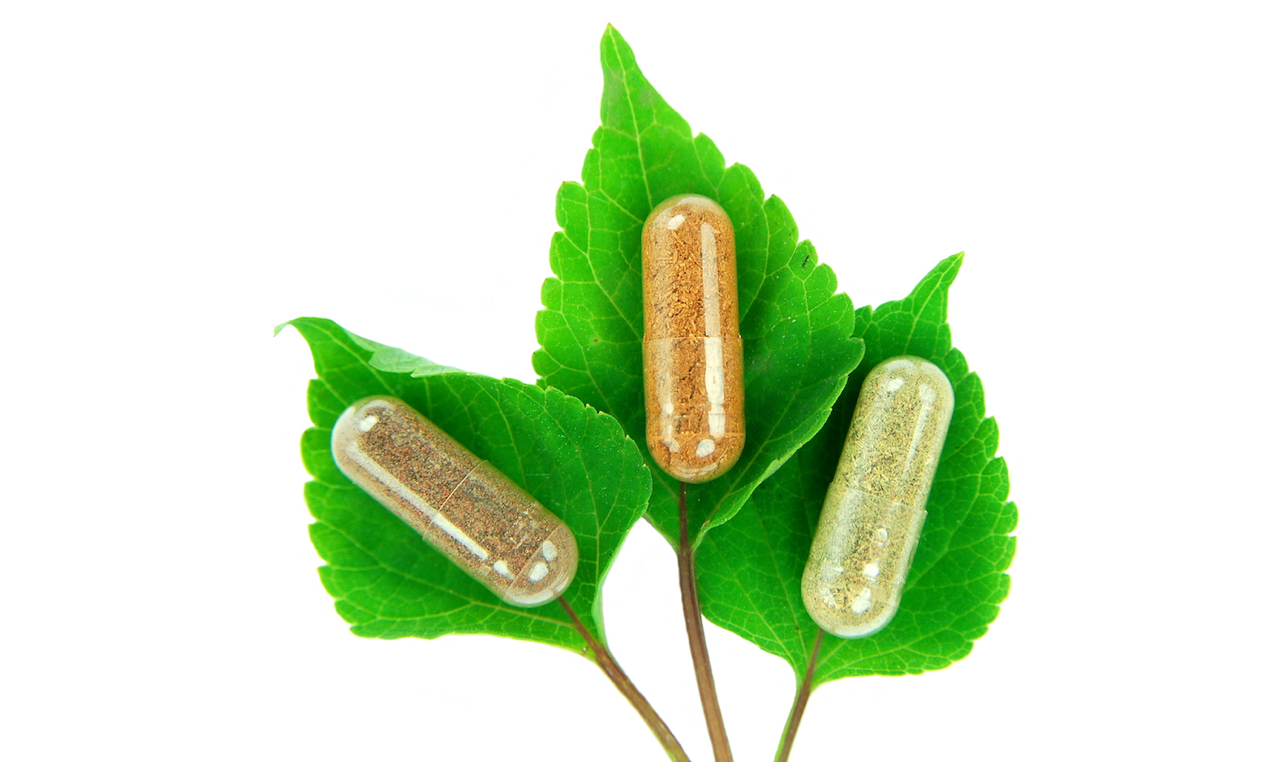Was it something you ate, or do you have a tummy bug? You can’t eat or move comfortably without feeling a jolt of pain, so you stay home, curled up in a ball.
There’s nothing like an upset stomach to ruin your day, but before you reach for another painkiller, try these remedies to ease those cramps.
Ginger
This spicy root vegetable adds a kick to hot drinks and meals, but did you know it can ease cramps too? Ginger contains chemicals (called gingerols and shogaols) that can help speed up digestion. It does this by making your stomach contract faster which helps those indigestion-causing foods to move on (and out!) more quickly. Ginger can also help with symptoms like nausea, diarrhoea and vomiting.
Add ginger to hot water and drink it as is. Otherwise, add it to your tea.
Cinnamon
Sprinkle this aromatic spice on nearly anything and you’ll be in for a treat – and health benefits too! Cinnamon contains different antioxidants that may help ease digestion and reduce the risk of irritation in your digestive tract. These antioxidants include cinnamaldehyde, eugenol and camphor.
To reap the benefits of cinnamon, add one teaspoon of cinnamon powder or a cinnamon stick to your meals, or to boiling water with tea, two to three times daily.
Mint
Besides helping to freshen up your breath, mint contains menthol which can help relieve pain, ease indigestion and spasms and stop vomiting and diarrhoea.
Fresh mint leaves can be boiled with cardamom to make a soothing tea. You can also grate it finely to cold drinks and add it into your meals. Sugar-free mint sweets or gum can also be used to reduce the pain from heartburn.
Apple cider vinegar
Apple cider vinegar is an acquired taste for many, but it does pack a healthy punch with every sip. It helps regulate the amount of acid in your stomach which makes digestion easier. It also helps keep your gut bacteria healthy. This means you’re less likely to have an upset stomach in the first place!
If you can handle the taste, try a tablespoon every day to help with cramps or indigestion. If that’s too strong, mix it with a cup of water and a teaspoon of honey.
Cumin
Cumin is a staple ingredient in dishes like curry or spiced meat. It contains active ingredients that reduce indigestion, stomach acids and inflammation.
For an upset stomach, mix one to two tablespoons of ground or powdered cumin into your meals. You could also try adding a few teaspoons of cumin seeds or powdered cumin to boiling water to make a soothing tea.
Good to know
- Sometimes an upset stomach can be a symptom of a more serious problem. If you experience pain in your stomach or nausea for more than 48 hours, visit your doctor.
- Keep track of all the foods you eat every day to help rule out allergy-related cramps and always drink enough water to prevent dehydration.
References:
- https://www.healthline.com/health/digestive-health/natural-upset-stomach-remedies#when-to-see-a-doctor
- https://www.medicalnewstoday.com/articles/322047.php
- https://www.activebeat.com/your-health/6-simple-remedies-for-upset-stomach-and-indigestion/
- https://www.medbroadcast.com/channel/digestive-health/nauseaupset-stomach/what-could-be-causing-my-upset-stomach






